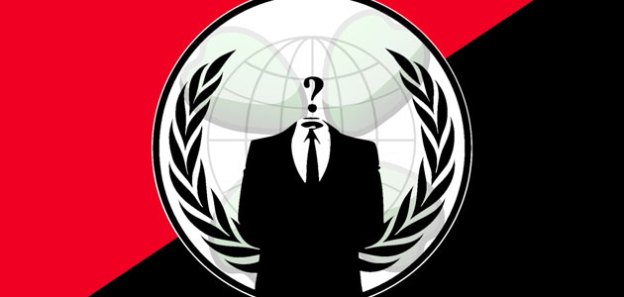Following the arrest of 16 alleged members of LulzSec and Anonymous yesterday and a rash of similar arrests throughout Europe earlier this month, police have arrested one suspect in the United Kingdom and four more in the Netherlands in an FBI-coordinated crackdown.
The Police Central eCrime Unit of the U.K. arrested a 16 year old boy from South London with charges of breaking the Computer Misuse Act. Police believe he was involved in hacking operations with Anonymous and have put him into custody while also seizing his computers.
The Dutch also arrested four men between the ages of 17 and 35 on accusations of carrying out cyber attacks. All the men are Dutch citizens and are believed to be part of a splinter group called AntiSec NL, which is believed to be loosely affiliated with Anonymous. Among other targets, the four allegedly hacked Dutch dating site Pepper.nl and communications software developer Nimbuzz.
14 of those arrested in the U.S. yesterday were charged with attacking PayPal in retaliation for the online money-transfer site suspending accounts for Wikileaks, which relies on donations for its operating budget. The other two arrested in the U.S. were charged with attacking InfraGard, a private-sector infrastructure security firm with close FBI ties. The Department of Justice released information on all sixteen individuals yesterday.
The arrests highlight some of the troubles both Anonymous and LulzSec face as the organizations’ notoriety within the media and reputation within the hacktivism community build. Increased scrutiny as the organizations continue with their ever-better publicized operations will lead to more arrests. Anonymous-affiliated hackers also seem to be going after bigger targets, with Visa, MasterCard, Amazon, WordPress and various governmental organization having been attacked, and that will increase pressure on law enforcement to shut them down. On the other hand, the fluid nature of both organizations’ structures and massive popularity within their community means pinpointing the folks at the top is difficult. With numerous smaller groups claiming allegiance, sanctioned or not, it’s continually becoming harder to discern who’s working for who.



